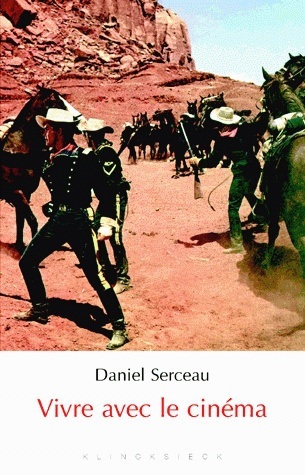Film studies have long been dominated by what Jacques Bouveresse calls "the phobia of extra-textuality" – which is also that of meaning: the “real” subject of the cinema should be – the cinema.
However, this is not how viewers perceive films, and if all film language must necessarily be derived from form work, the latter's ultimate aim is nonetheless the work's intelligibility. For, beyond their primary and necessary function as entertainment, fiction films meet the basic human need to find answers – even if only hypothetical, incomplete and transitory ones – to the question of “how to live,” in and for what world, and how to be ourselves – questions which confront all of us daily. Thus the cinema complements moral philosophy and ethics by exploring our contradictions (sometimes more effectively than the latter two disciplines do).
Daniel Serceau teaches at Université de Paris I Panthéon-Sorbonne. He has worked as an independent art film studio director and programmer, assistant director, and film critic. In addition to many articles, he has published several works on Kenji Mizoguchi and Jean Renoir, and another on Nicholas Ray. He is continuing research on his theory of the Seventh Art, the early French cinema and works as a cinema theatre operator. He has also written a novel.




